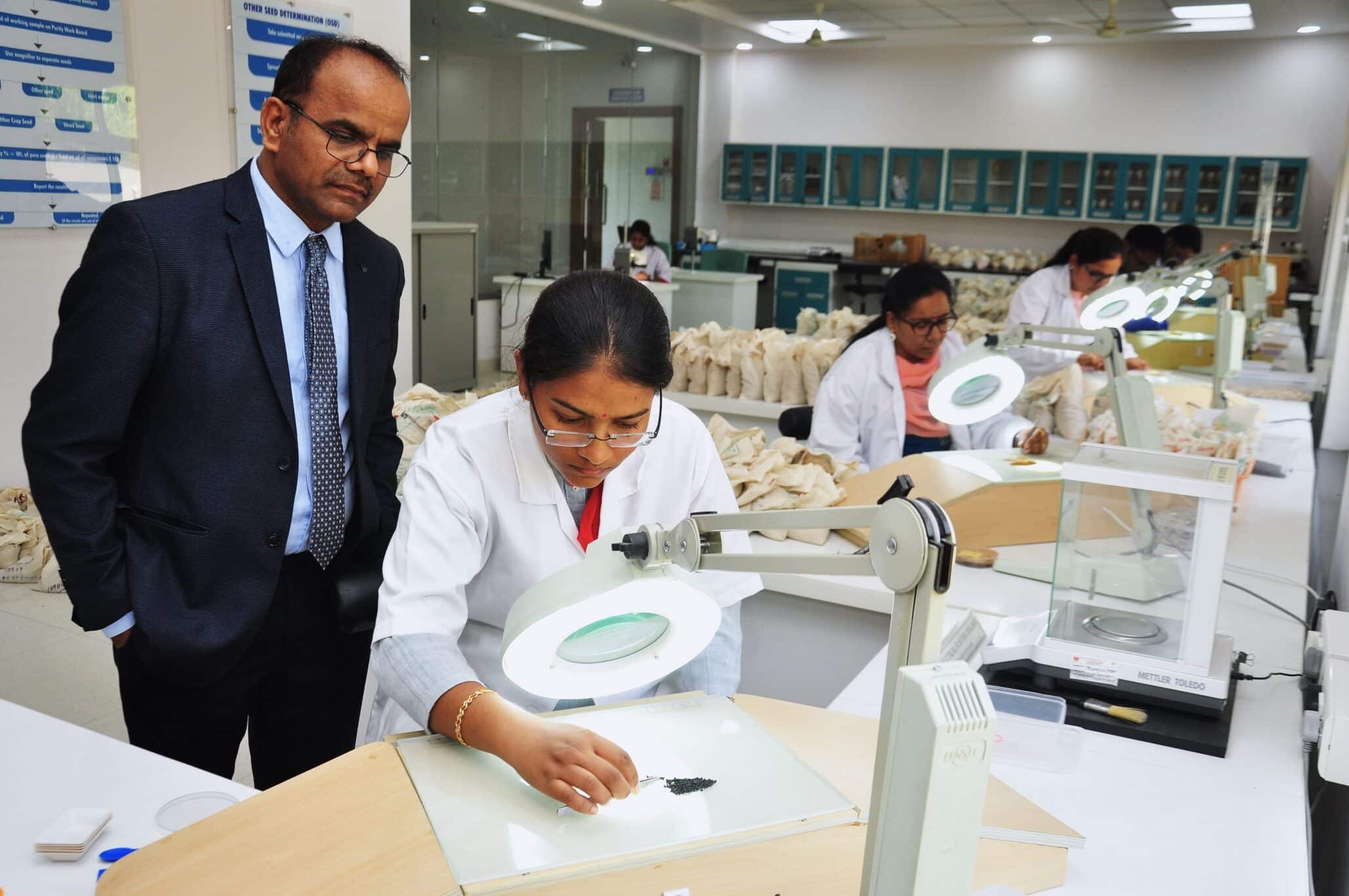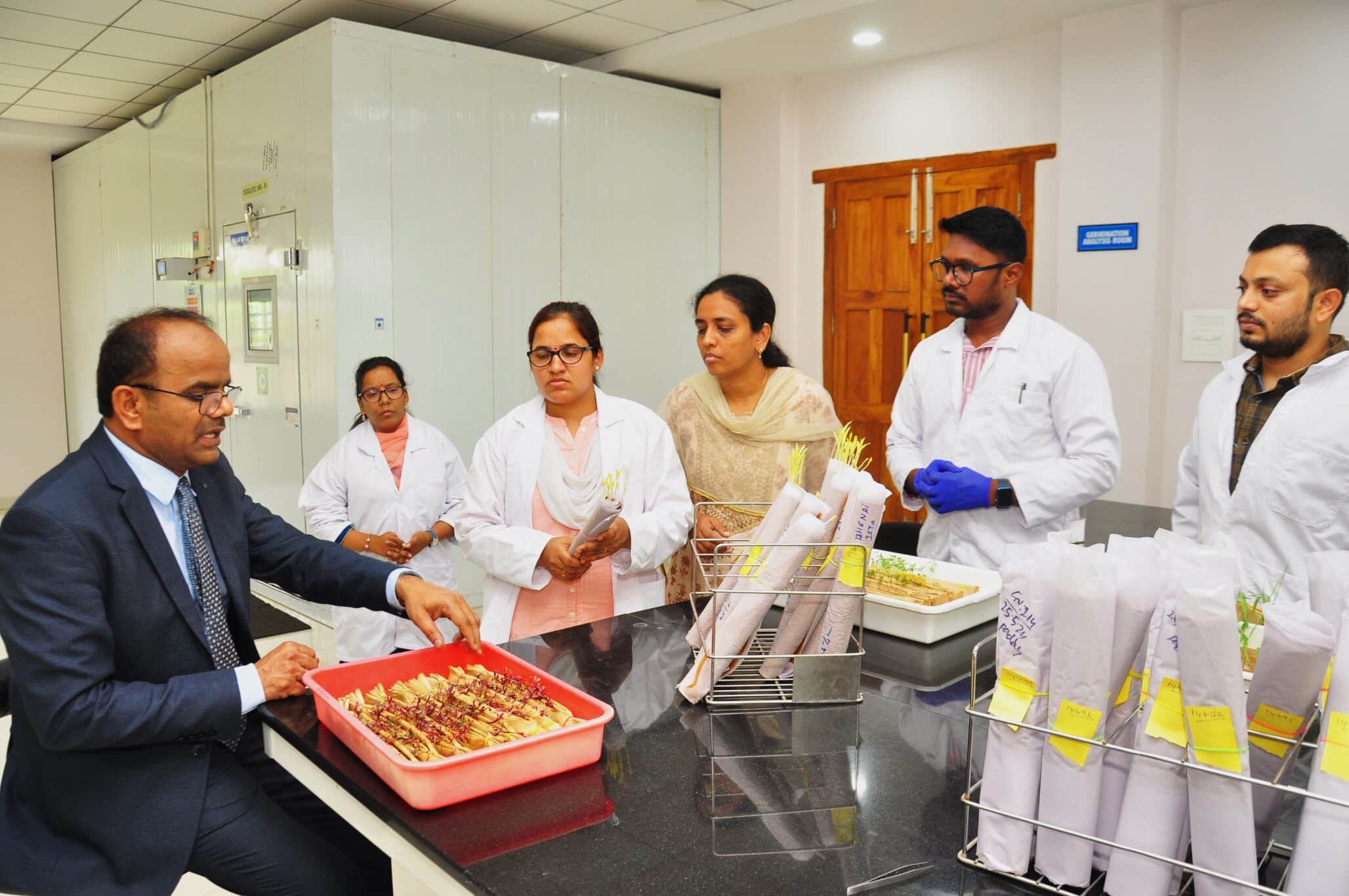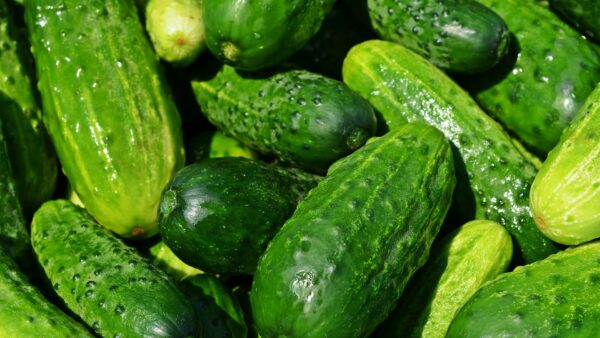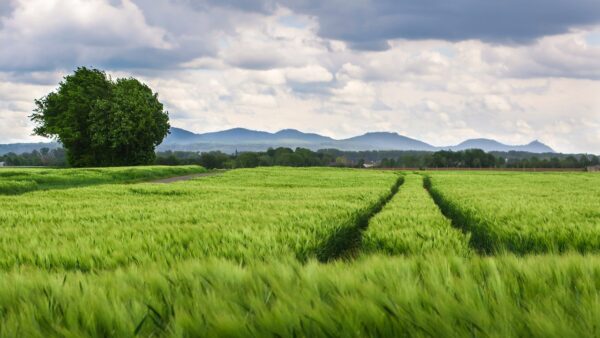Day 1 of the International Seed Testing Association’s Centenary Annual Meeting was jam-packed. Here’s are some highlights:
Official Open
In 1924, delegates from Europe’s seed testing association met with representatives from Canada, Argentina and Egypt in Cambridge, England, to officially found the International Seed Testing Association. Sir Lawrence Weaver was the catalyst of the new organization; Dorph Petersen from the Netherlands took the reins as ISTA’s first president with Dr. Franck from the Netherlands second in command.
Today, 100 years later, more than 200 delegates once again met in Cambridge, England, to celebrate ISTA’s Centenary and look towards the future.
ISTA President Keshavulu Kunusoth summed up the whole feel of the event in his opening address but saying, “I stand before you with immense pride. Thank you for being part of this ISTA milestone.”
“Today we honour the legacy of those who came before us. The visionaries, countless experts, seed analysts and dreamers who have been part of ISTA’s remarkable journey.”
Just as importantly, we also look forward to the future as ISTA enters its second century.
Mario Caccamo, chief executive officer of this year’s event host organization, NIAB, started the official proceedings with a warm welcome. As he explained, NIAB boasts nine regional field trials centres and 100+ UK field trial sites with 140k+ plots. NIAB’s three translational research priorities are: better crops, better growing systems, better data.
“We are the fastest growing UK centre for crop innovation, providing an integrated research and knowledge transfer hub for the entire crop improvement pipeline,” he explained.
Rose Riby, head of seed with Agricultural industries Confederation (AIC) then outlined UK’s seed trade from an industry point of view. She said her country’s upcoming General Election, set for Thursday, is an important moment for seed testing. AIC is advocating for three key priorities to its members of parliament: a comprehensive, government approach to food security and land use; improvement of trade with the EU and within the UK nations; and a consistent approach to sustainability in the food supply chain.
Maintaining UK Biosecurity
Victoria Barton, seed testing laboratory manager with Fera Science Ltd., took the floor to present on maintaining UK biosecurity by intercepting pathogens in trade. She gave the example of bacterial canker of tomato, which exists in most area of the world where tomatoes are grown but is not currently present in the UK. A seedborne pathogen transmitted from infected seed to seedlings and mechanically from plant to plant, bacterial canker of tomato can spread rapidly within greenhouses via water splash and cultural practices. The canker has proven incredibly expensive: disease incidence can be as high as 100%, and a previous outbreak in the UK saw yield losses over 50%. Use of healthy seeds is key in controlling the disease. The latest detection on seed was achieved thanks to careful screening methods outlined in EPPO diagnostic protocol. Screening involved extraction, immunofluorescence microscopy, dilution plating on semi-selective media, and TaqMan real-time PCR. Given the zero tolerance rule put in place by government, the compromised consignment was held prior to completion of screening, then a recommendation of destruction was made. Crisis averted.
Another such interception was made in 2018, this time to Tilletia indica (Karnal bunt), a regulated quarantine fungal pathogen of wheat. Tilletia indica is a seedborne pathogen that spreads via teliospores, which can last in soil for at least three years and longer in seed. In 2018, England’s first case of Tilletia indica was intercepted. Four consignments of wheat were held while testing occurred. Upon positive detection, entry of the shipments were refused. Again, crisis averted.
“We continue to test wheat grain and we’re pleased to see we haven’t seen an interception since,” she said.
“The interceptions demonstrate how a fungal pathogen could enter the UK and interrupt a trade pathway. It also highlights the importance of correct identification of disease pathogens,” she added. “We believe it is important to test a lot of seed because each time we find something, we are stopping significant losses in industry.”
Day 1 Seminars
Day 1 was divided into four main seminars:
- Session 1: Optimizing seed storage from GenBank to farmers a critical step in food security
- Session 2: The importance of germination testing in seed quality assurance
- Session 3: HTS use in pathogen detection on seed
- Session 4: Variety identification for traceability
Seed World will be digging into these important topics in coming articles: stay tuned!
Day 2 Schedule
Tomorrow and Wednesday’s event schedules are packed with updates from each of ISTA’s technical committees. We’ll bring you highlights here.











